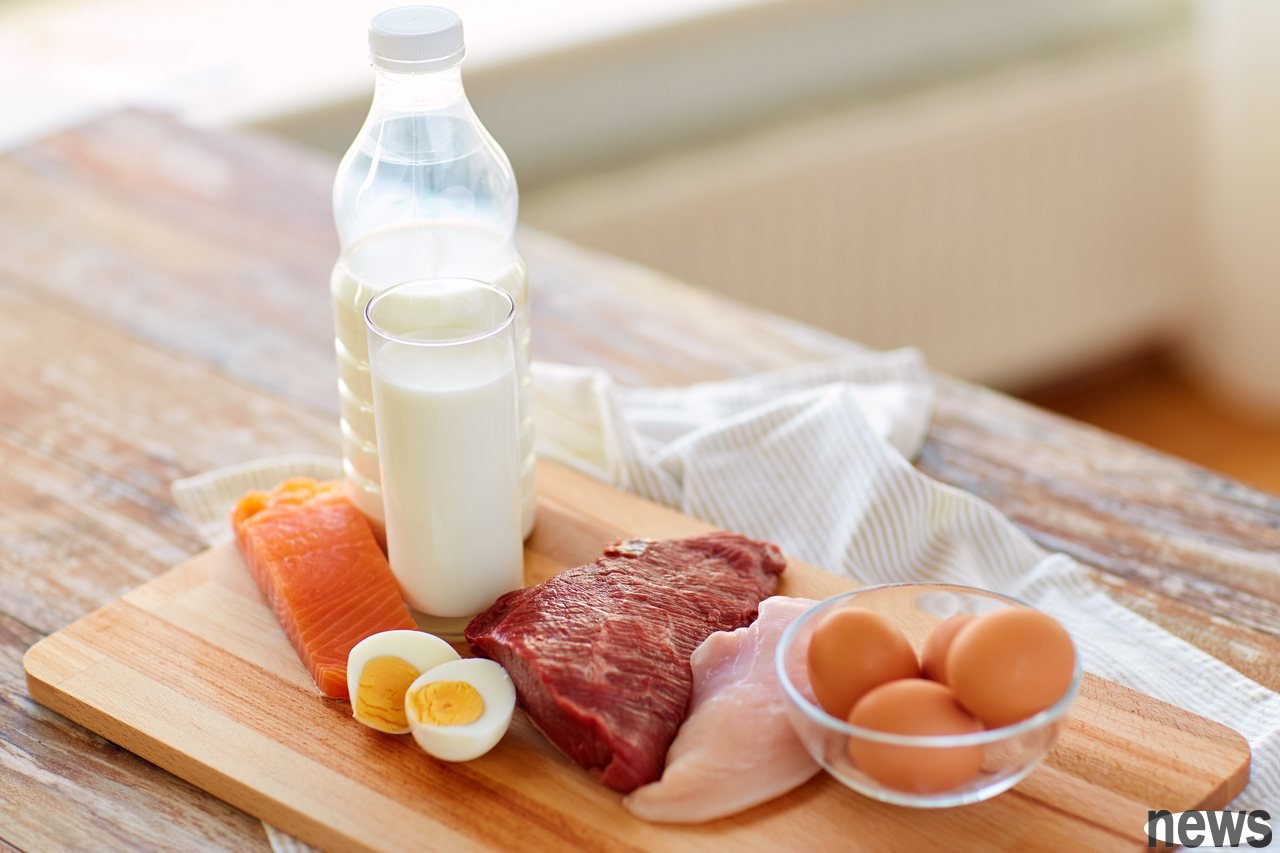
Do you hear more and more people say you should supplement protein? There are also many foods on the market that are labeled as "high protein" and "muscle-building". Protein is indeed a necessary nutrient for the body. However, the more protein you eat, is it really healthier?
Do we really need to "replenish" protein?Professors Hoshiji Tsukii and Shin-Terada, from Tokyo University, Japan, pointed out in their works that it is recommended to take up the protein in adult men to about 50 grams to 65 grams, and it is recommended to take up the protein in women to about 40 grams to 50 grams. However, the average protein in Japan is about 70 grams, and generally speaking, there is no problem with protein deficiency. The reason why the "high-protein diet" is popular is not only related to the modern fitness community in order to achieve muscle-building effects, but also because taking a large amount of protein can increase skeletal muscle quality, preventing sarcopenia and debilitation syndrome that may occur in the future in the elderly.
The negative side of high white diets being ignoredHowever, Professor Tsukii and Professor Shin-Terai believed that we cannot just look at one side. Overall health of a person is not determined by the quality of skeletal muscles.
For example, a large-scale study in Europe pointed out that increasing protein intake by 5% and reducing the same proportion of carbohydrate or fat intake will increase the risk of type 2 diabetes by about 30%.
Some people who are losing weight will consume a lot of protein during the meal period, hoping to reduce muscle loss. However, some studies have pointed out that people who have successfully reduced weight can effectively improve insulin function and maintain blood sugar levels. However, people who eat high-protein diets cannot achieve the effect of preventing diabetes even if they have successfully reduced weight.
And a US survey also showed that men and women aged 50 to 65 took a high-protein diet (protein accounts for more than 20% of total energy intake). During the 18-year follow-up period, the mortality rate was 75% higher than that of people who consumed low-protein diets, and the mortality rate for cancer and diabetes was 4 times higher.

In addition, high-protein diets can also affect DNA repair, increasing the granular pressure in cells. The "protein kinase mTOR" in the
body is a key signal molecule for protein synthesis. mTOR participates in cell growth and autophagy. Excessive protein intake will over-activate the mTOR signal pathway, thereby inhibiting cell autophagy and DNA repair processes, causing potential threats to health, such as: accelerating cell oxidation and aging, thereby increasing disease risks.
The above shows the negative effects of protein on the human body, age, activity and special diseases, and other factors make protein intake vary from person to person. People should consider it in a comprehensive way before adjusting their diet patterns and consult professional doctors and nutritionists.